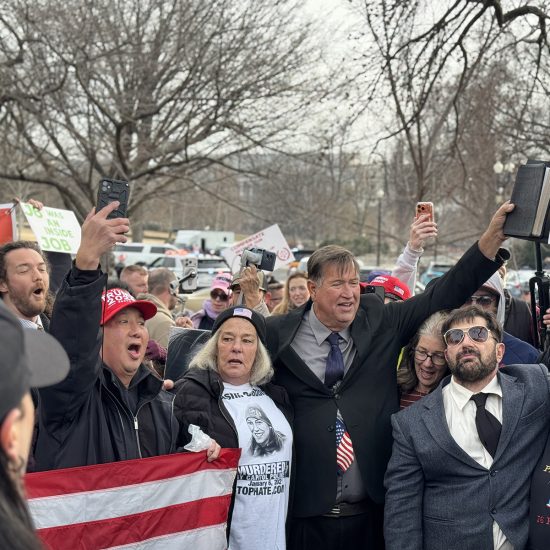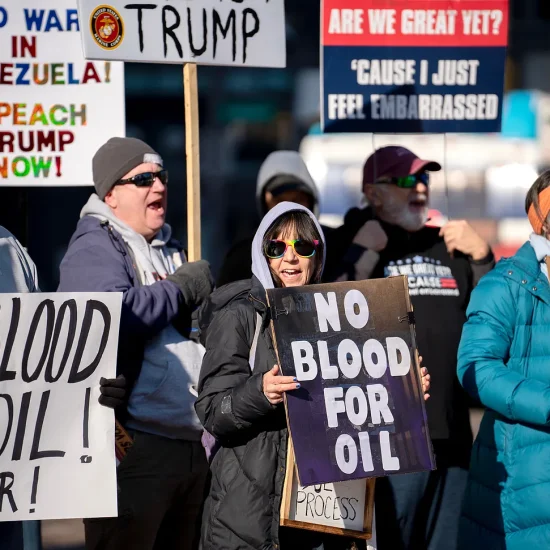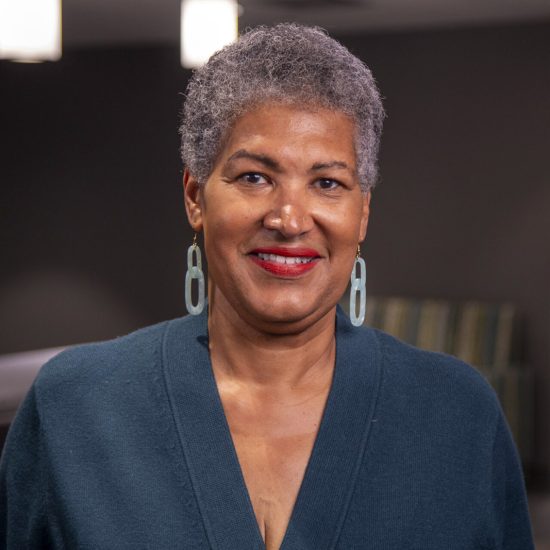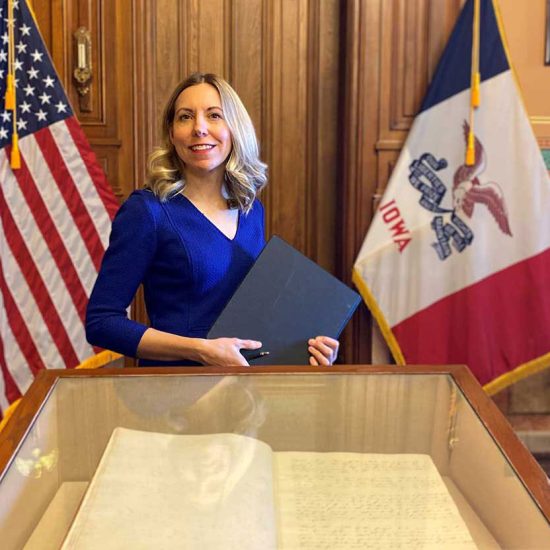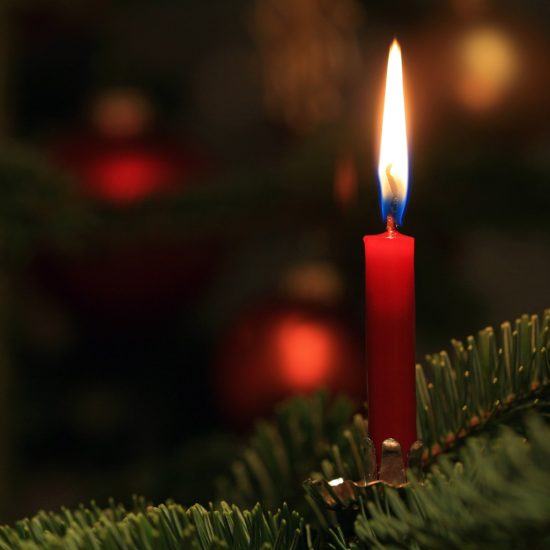
I live in what would be considered a bigger town in southern Illinois. Our population is about 15,000 residents. Add up all the outlying small villages, towns, and wide spots in the road and our county boasts about 37,000 folks. I would say that we are fairly average for the rural Midwest. Most people who live here were born and raised close by and stuck close to home as they moved into adulthood. Most people don’t have a bachelor’s degree and blue-collar work is the norm. If your family makes $75,000 per year, you are living very comfortably.
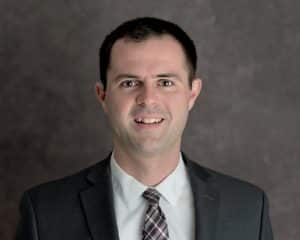
Ryan P. Burge
For all the changes that have occurred in rural America when it comes to the “brain drain” and the hard shift to the Republican party over the last several decades, there’s been another cultural shift that’s gone basically unnoticed: mainline Protestant churches have become an increasingly endangered species.
I’m the pastor of First Baptist Church of Mount Vernon. I began my tenure there in 2006. We had about fifty souls on an average Sunday. Just a decade earlier it was double that. When the building was dedicated in 1968, there were 300 members. Last Sunday, we had fourteen — four of which were my family. We are no longer going to exist in the very near future.
But, as I was thinking about the plight of our church, I was also considering the plight of our other mainline cousins in Jefferson County, Illinois. The Episcopal Church, according to their own records, has one church in the community with an average attendance of 27. There’s also an Evangelical Lutheran Church called Prince of Peace and First Presbyterian is aligned with the PCUSA. They worship in the same building now because the Presbyterians had less than 25 on a good Sunday and couldn’t afford to upkeep their building, which they sold to the local YMCA before sharing space with the Lutherans.
The only other mainline church in this town of 15,000 is the United Methodists. They have a beautiful building downtown that just had extensive renovations. They have a strong membership base. But, because of the coming schism among the United Methodists, they might vote to go with the conservative faction that is opposed to same-sex marriage, and it’s very likely that social scientists will not classify this new denomination as mainline any longer.
Thus, if you are a Protestant in my little community, but are more moderate in your theology and politics, you basically have one church that will be viable for the long term. If you are an evangelical, you literally have dozens (if not a hundred) churches that take a conservative approach to politics and theology.

(Julian Hochgesang/Unsplash)
According to the General Social Survey, in 1975, there were three mainline Protestants for every two evangelicals. By 1983, the ratio was essentially one to one. The most recent data available indicates that there are now twice as many evangelicals as there are mainline Protestants. What an absolutely stunning reversal in American religion, which has an unbelievable impact on all facets of American society.
When I relay these facts to an audience when I am giving a talk at an evangelical organization or church, I am often met with a few comments from the audience along the lines of, “Good, I’m glad that Bible-believing Christians are still holding strong and those who are more wishy-washy about theology are shrinking.” For many, it’s clear evidence that their approach to faith is the only right one. But, as a committed pastor in the mainline tradition, I can’t help but be saddened when I hear those kinds of comments.
Some people desperately want to be part of a Christian community. They love the Gospel story of a simple man from Galilee who lived a sinless life and died an innocent death on the cross, that somehow saves all of us from our sins. They believe in the redemption of that simple act. But, they also believe that women can and should preach and that if two men or women want to marry each other, that’s none of their concern. Shouldn’t those types of people have a few options for a church home as well?
The data is exceedingly clear on this point. Most of those people who would like to still be a Christian, but can’t be an evangelical, aren’t gritting their teeth and going to the local Southern Baptist or non-denominational congregation. They are leaving religion behind entirely and not looking back. As a pastor, I cannot fathom how anyone thinks that is the best outcome. Unfortunately, for many evangelicals they have a view of church that is simply “if you don’t agree with our theology completely, then you might as well have no religion at all.”
There’s ample evidence that this approach to theology has left behind in its wake tens of millions of twenty, thirty, or forty-year-olds who would desperately like to feel like they are a part of something bigger themselves. They would love to step toward the altar and take the bread and cup and commune with those around them as well as Christians all over the world. But, those mainline churches that would have embraced the doubters and liberals are becoming extinct in many rural towns across America. And when those doors of the mainline close for the final time, our society, our democracy, and our world will be a worse place for it.
Ryan P. Burge is an assistant professor of political science at Eastern Illinois University. Author of numerous journal articles, he is the cofounder and a frequent contributor to Religion in Public, a forum for scholars of religion and politics to make their work accessible to a general audience. Burge is a pastor in the American Baptist Church.

